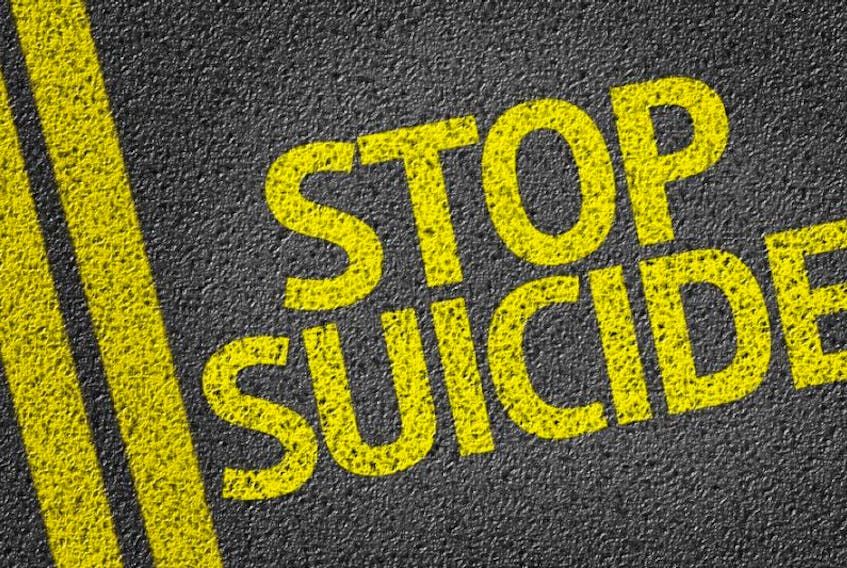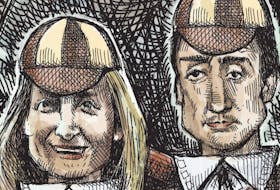
I had the privilege last week to attend “Signals of Hope,” the national conference for the Canadian Association for Suicide Prevention which was held here in St. John’s.
This event brought together people from all walks of life to share their expertise and perceptions around this often sensitive topic and the workshops that were offered explored many different aspects of this subject.
It was an amazing learning opportunity which has given me a lot of new tools that I can use in my daily work.
At the same time, it was emotionally draining to remain focused on such a heavy topic and to listen to the stories of those who have been impacted by suicide. While it would be impossible to comment on everything that I learned during those two days, there were a few things that really jumped out at me.
Some of the statistics and facts around suicide that were shared during the conference were staggering to contemplate.
Across this world, more people die by suicide yearly than through wars, terrorist activities and homicides combined; despite this, the amount of resources the world allocates to combatting suicide is miniscule in comparison to what is spent fighting terrorism alone.
In Canada, suicide rates are shockingly higher among aboriginal communities in the northern parts of our country with one of the highest being in northern Labrador.
While there has been a fair bit of research into suicide, most studies focus on risk factors, ie: what factors put people at risk to suicide and very little done on protective factors, ie: why some people who have these risk factors don’t suicide. While mental health problems are a risk factor, they aren’t the “cause” of suicide as most people with mental health problems never attempt suicide and the risk factor that is most closely associated with suicide is social inequality and poverty.
When communities feel empowered and come together, they can make a large impact. This was brought home by a presentation by a working group on mental health from the Burin Peninsula. After a cluster of suicides a couple of years ago, members of the communities came together to try to change things. Through a collaborative effort involving various community members and professionals working in mental health, they were able to revamp how such services were offered to be more responsive and effective at meeting the needs of the community. As a result, they were successful in eliminating a long waitlist for mental health and addictions services and could proudly report that they had not experienced one suicide in the previous year.
Perhaps the biggest message coming out of the conference for me — and one which I now realize that I already knew — was that suicide affects everyone and it is up to everyone to help find solutions. This is not something that we leave to the professionals to find the answers; in fact, laypeople are often much more effective at helping someone who is struggling with suicidal thoughts.
It is so important that we do away with the stigma that still exists around suicide, take away the shame and judgment directed at those who deal with suicide and their families and to provide an atmosphere in which people can talk openly about suicide within all of our communities. It was perhaps a signal of hope that while the conference was ongoing, the Royal Canadian Legion announced that this year’s Silver Cross Mother would be Anita Cenerini whose son Thomas Walsh died by suicide in 2004. She had fought a battle for years to have his suicide recognized as connected to his military service, a battle which was successful and which has brought more attention and resources to this issue among our veterans. It is apt that this be recognized this Sunday as we honour the sacrifice of all of our veterans, including those whose wounds were not physically visible and who lost their lives through a battle with suicide.
Brian Hodder is an LGBTQ2 activist and works in the field of mental health and addictions. He can be reached at [email protected].
Related story:









